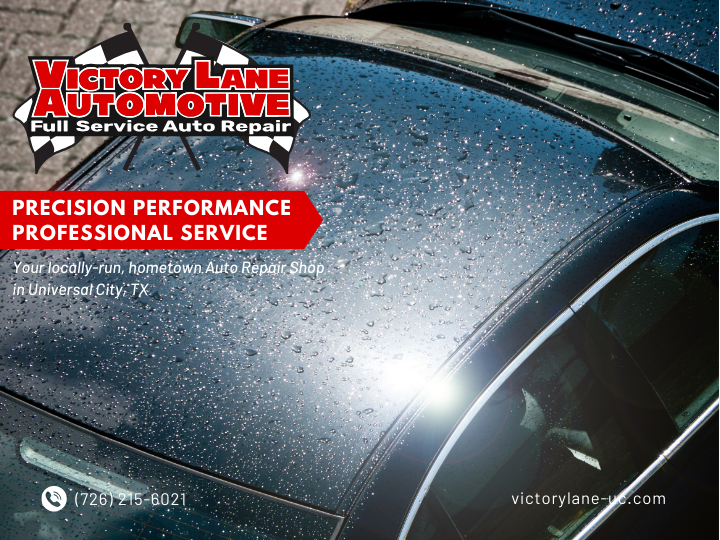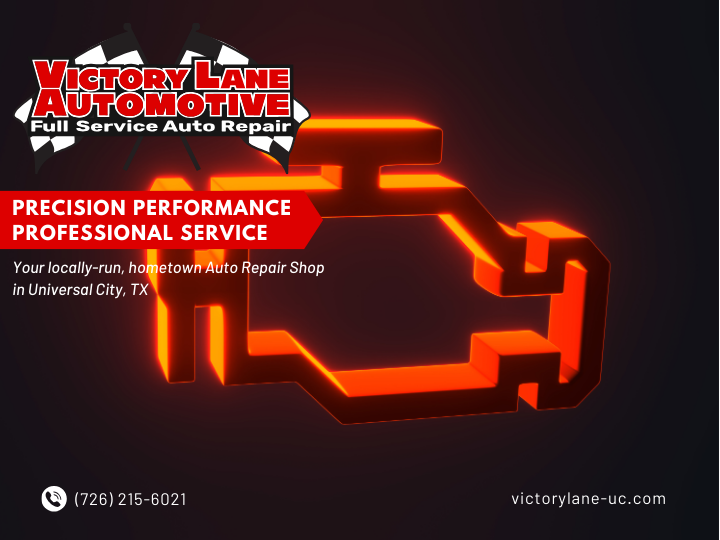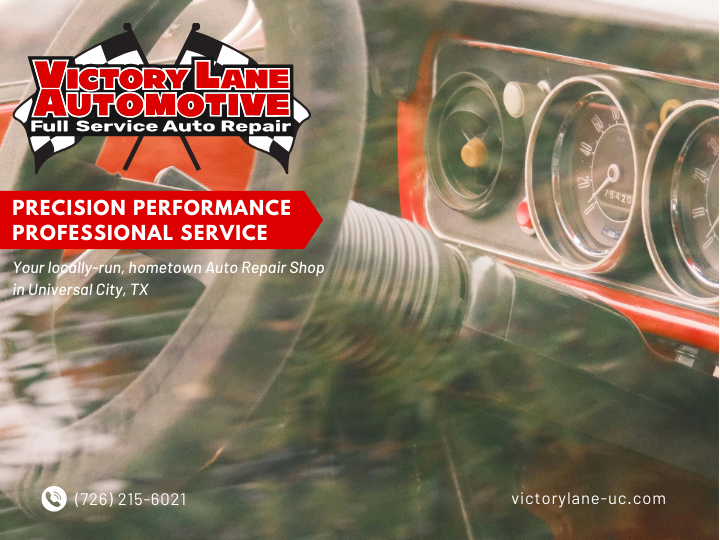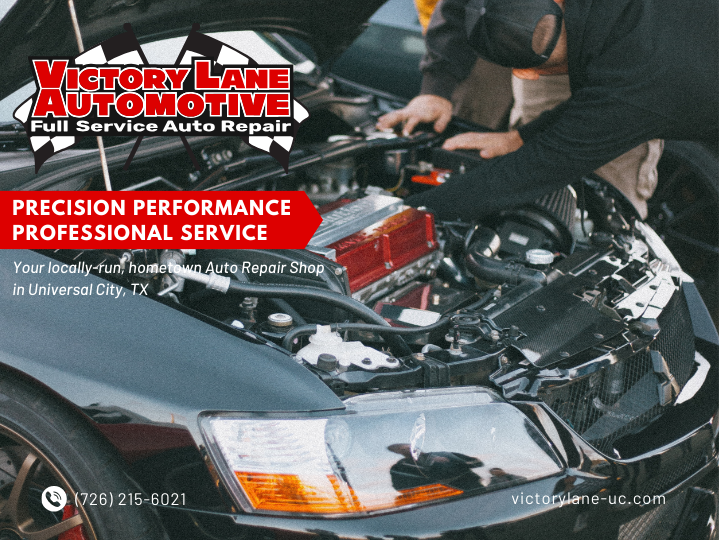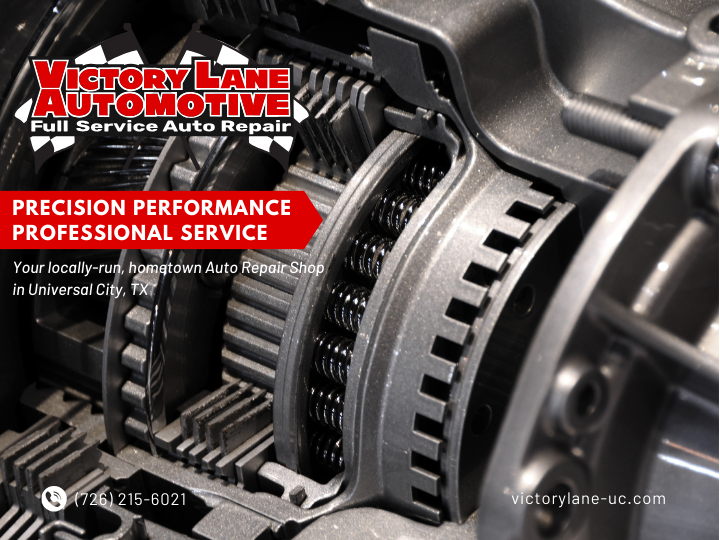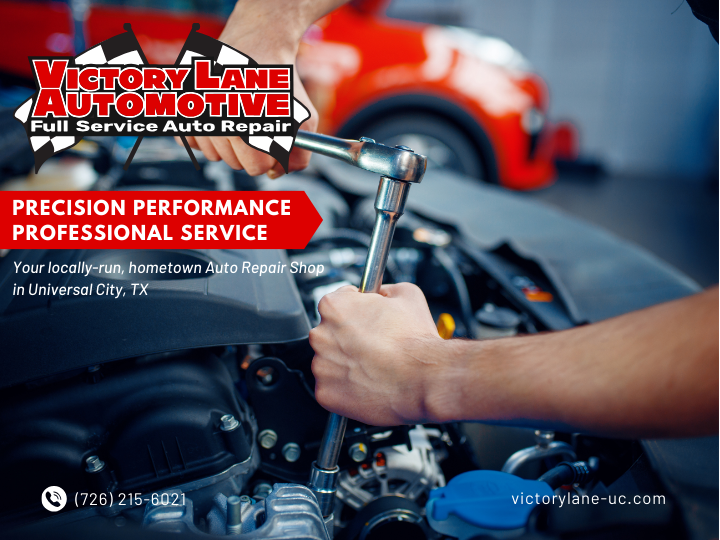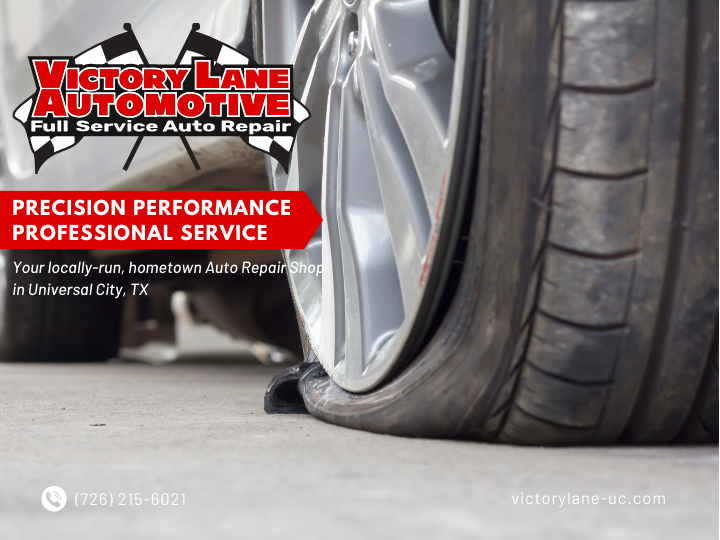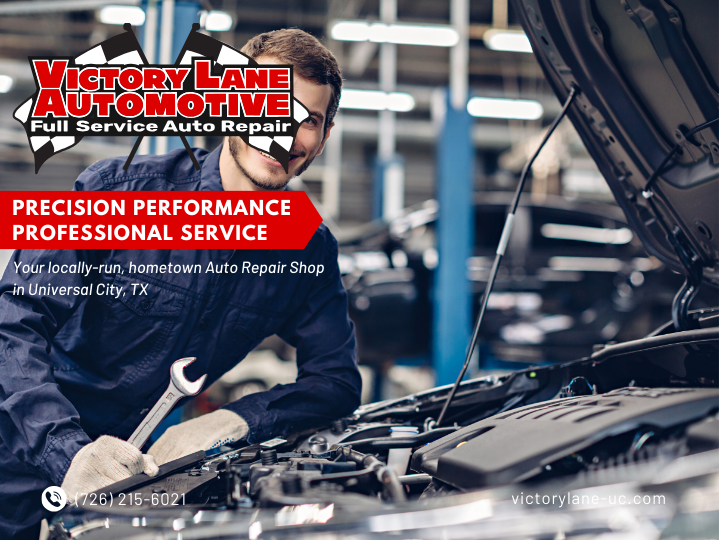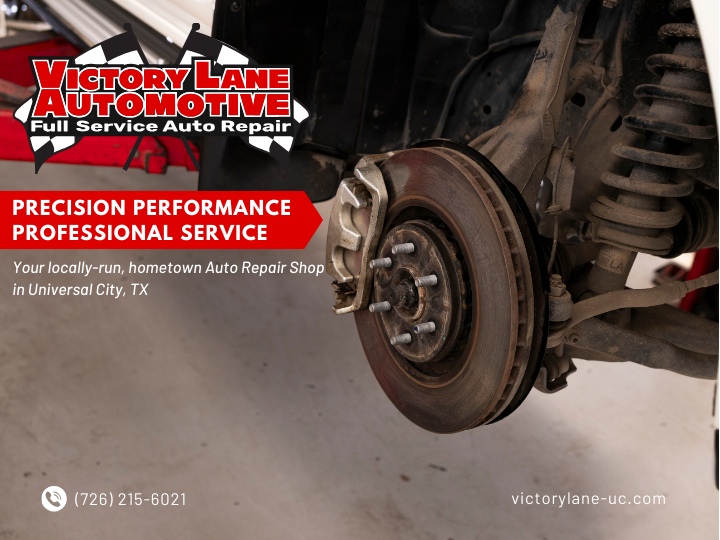Why is my car overheating?
Why is my car overheating?
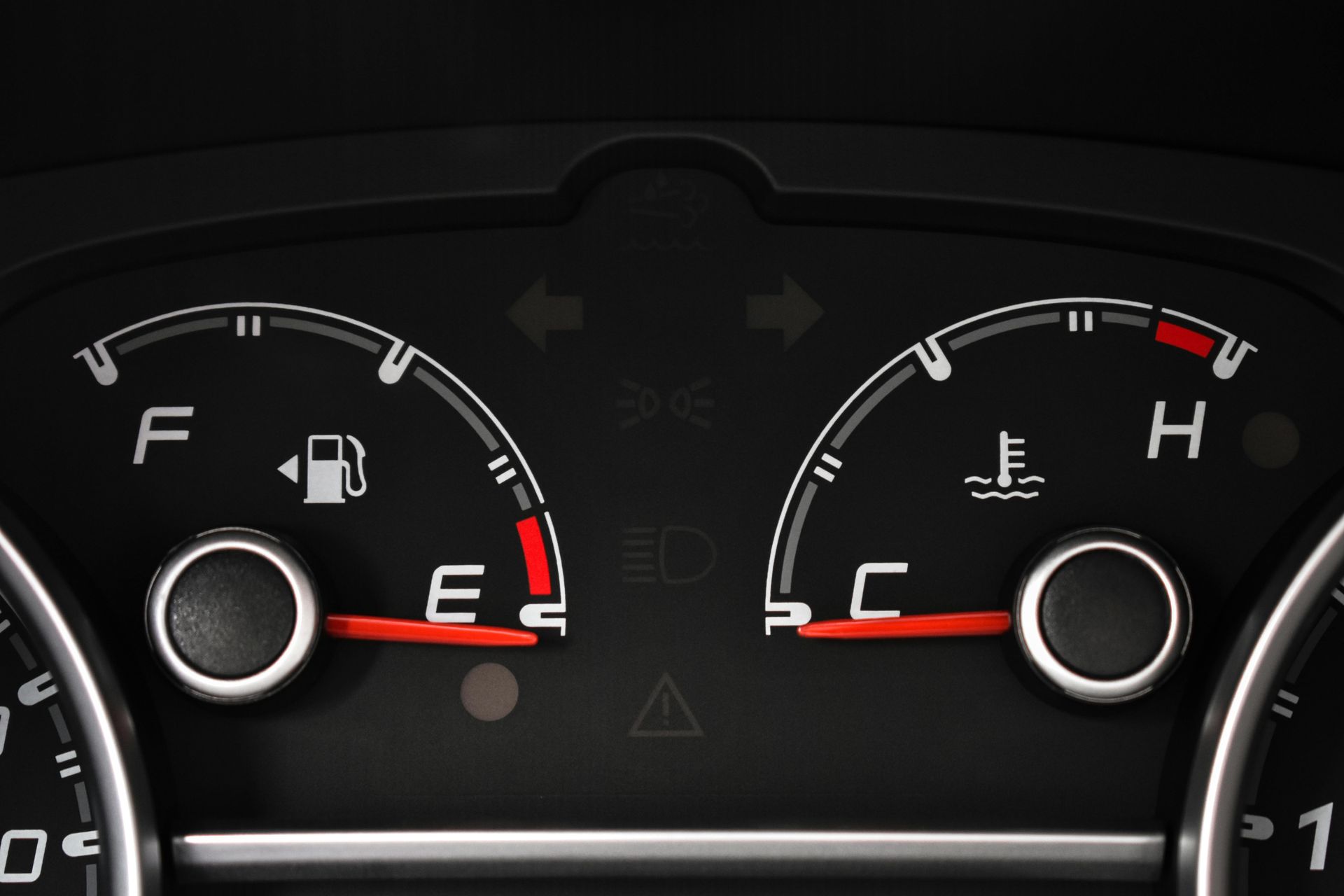
Why Is My Car Overheating? Causes, Solutions, and Prevention
Overheating is a common issue that drivers dread, as it can leave you stranded on the side of the road and lead to costly repairs if not addressed promptly. When your car’s engine runs too hot, it can suffer from serious damage, including blown head gaskets or cracked engine blocks. In this post, we’ll explore the main causes of overheating, how to troubleshoot them, and tips to prevent overheating from happening in the future.
How Does a Car Cooling System Work?
Understanding why a car overheats requires knowing how the cooling system functions.
Your car’s engine generates an immense amount of heat during combustion. The cooling system works to remove that heat to prevent damage. It does this through several interconnected components:
- Radiator: Transfers heat from the coolant to the outside air.
- Coolant (antifreeze): Absorbs heat from the engine and circulates through the radiator.
- Water Pump: Pushes coolant through the engine and radiator.
- Thermostat: Regulates the engine temperature by controlling when coolant flows.
- Cooling Fans: Help draw cool air through the radiator, especially when the car isn’t moving fast.
When one or more of these components fails or isn’t functioning efficiently, the car can overheat.
Common Causes of Overheating
1. Low Coolant Level
Coolant is the lifeblood of your engine's cooling system. A low coolant level reduces the system’s ability to dissipate heat, resulting in higher engine temperatures. Common causes of coolant loss include:
- Leaking radiator or hoses.
- A leaking water pump or thermostat housing.
- An improperly secured radiator cap.
Solution: Check the coolant level regularly and top it up as needed. Look for visible leaks under the car. If you notice persistent coolant loss, consult a certified mechanic, as it could indicate a more serious underlying problem.
2. Faulty Thermostat
The thermostat regulates when coolant flows through the engine. If it gets stuck in the closed position, coolant won’t circulate, causing the engine to overheat quickly.
Symptoms:
- Coolant temperature rises rapidly after starting.
- Little to no hot air from the cabin heater.
Solution: Replacing a thermostat requires some disassembly of engine components. It's best to let an auto shop mechanic handle the repair to ensure it’s done correctly.
3. Radiator Issues
The radiator plays a crucial role in cooling the engine by releasing heat into the air. Common radiator issues include:
- Clogged radiator: Rust, dirt, or deposits block coolant flow.
- Leaking radiator: Cracks or corrosion can cause coolant to leak.
- Damaged radiator cap: If the cap isn’t sealing properly, coolant can escape or the system may not maintain adequate pressure.
Solution: Radiator repairs can be complex, involving flushing the system or replacing components. A professional mechanic should inspect and repair any radiator issues to prevent further complications.
4. Water Pump Failure
The water pump circulates coolant through the engine and radiator. If it fails, coolant cannot flow properly, resulting in overheating. Typical signs of a bad water pump include:
- Coolant leaks around the pump.
- Grinding noises from the engine bay.
- Overheating even during highway driving.
Solution: Since the water pump is located deep within the engine, replacing it is a time-intensive job that should be performed by a certified mechanic to avoid improper installation or damage to nearby components.
5. Malfunctioning Cooling Fan
Cooling fans are essential for pulling air through the radiator, especially at low speeds or when idling. If the fan motor fails or the fan clutch (in older models) malfunctions, the radiator won’t receive adequate airflow, leading to overheating.
Solution: Diagnosing cooling fan issues can involve testing electrical circuits, relays, or fan motors. For safety and accuracy, it’s recommended that an auto repair technician inspect and repair faulty fans.
6. Air in the Cooling System
Air pockets can form in the cooling system, preventing coolant from circulating properly. This often happens after a coolant change if the system wasn't properly “burped” to remove trapped air.
Solution: Removing air from the cooling system requires specialized tools and knowledge of your vehicle’s coolant bleeding procedure. A professional auto shop can efficiently handle this service to avoid further overheating problems.
7. Blocked Coolant Hoses
Over time, hoses can deteriorate and develop blockages or leaks. If the hoses can’t carry coolant efficiently, the engine may run too hot.
Solution: Inspect coolant hoses regularly for bulging, leaks, or clogs. If you find any damaged hoses, have a mechanic replace them promptly to prevent more serious issues.
8. Driving Conditions and Environmental Factors
Heavy driving in extreme conditions—like towing heavy loads, driving in hot climates, or navigating steep hills—can put extra stress on the cooling system.
Solution: Use higher-grade engine oil and coolant suited for extreme conditions. Avoid overloading your car or driving aggressively in high heat. If you drive in these conditions frequently, have a mechanic inspect your cooling system regularly to ensure it's up to the task.
What to Do If Your Car Overheats on the Road
If you notice your temperature gauge climbing into the red zone or steam coming from under the hood, follow these steps to minimize damage:
- Pull over immediately: Continuing to drive can cause severe engine damage.
- Turn off the engine: Let the car cool for at least 30 minutes before attempting to inspect anything.
- Open the hood carefully: Be cautious as the engine components might be extremely hot.
- Check coolant levels: If you have coolant, add some to the reservoir (only when the engine is cool). Never open the radiator cap when the engine is hot!
- Call for roadside assistance if you’re unsure of the cause or cannot continue safely.
If your car frequently overheats or if you cannot pinpoint the cause, contact a certified mechanic as soon as possible. Overheating can lead to severe engine damage if not repaired promptly.
Long-Term Prevention Tips
Preventing overheating requires regular maintenance. Here are some tips to keep your engine running cool:
- Check coolant levels regularly: Top off the reservoir if needed, especially before long trips.
- Flush the cooling system: Replace coolant and flush the radiator every 30,000 to 50,000 miles.
- Inspect hoses and belts: Look for signs of wear, cracks, or leaks.
- Replace the thermostat and water pump periodically as recommended by your vehicle manufacturer.
- Monitor your temperature gauge: If it rises above normal, pull over and investigate.
- Use the correct coolant mix: Follow your vehicle’s recommendations for the coolant-water ratio, typically 50:50.
- Check the radiator cap: Ensure it’s sealing correctly to maintain system pressure.
When performing maintenance or addressing any overheating issues, it's always advisable to have a professional mechanic handle the job. DIY repairs can sometimes worsen the problem if done incorrectly. A trained technician has the experience, tools, and diagnostic equipment to ensure your car stays in peak condition.
Conclusion
Car overheating can happen due to a variety of factors, from a simple coolant leak to a more complex mechanical failure. Regular maintenance of the cooling system—checking the coolant level, inspecting the radiator and hoses, and replacing the water pump on schedule—can prevent most issues. If your engine starts overheating, don’t ignore it. Address the problem promptly to avoid expensive repairs and keep your car running smoothly.
Whether you're a seasoned mechanic or a new driver, entrusting complex repairs to an experienced auto shop mechanic will save you time, money, and stress. Staying on top of your cooling system's health is the key to preventing overheating and keeping your car performing reliably on the road.



